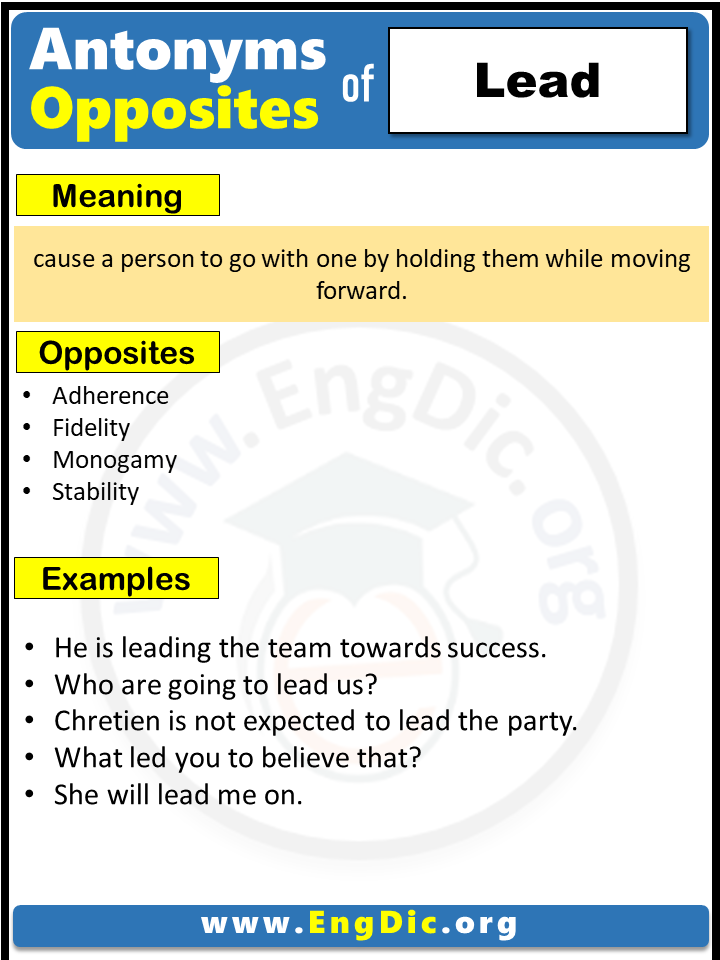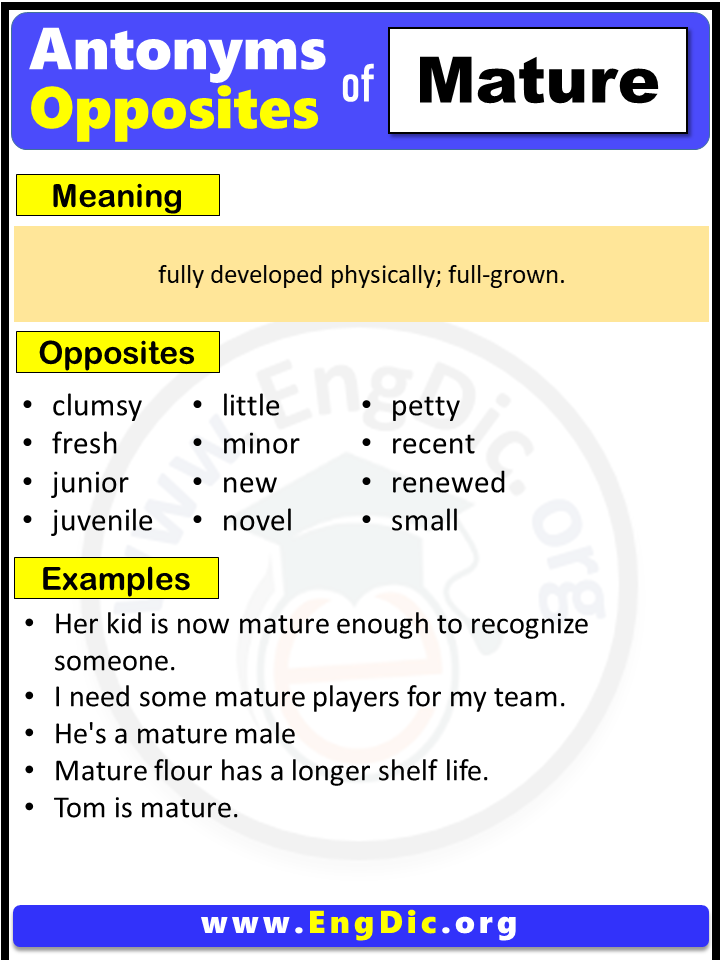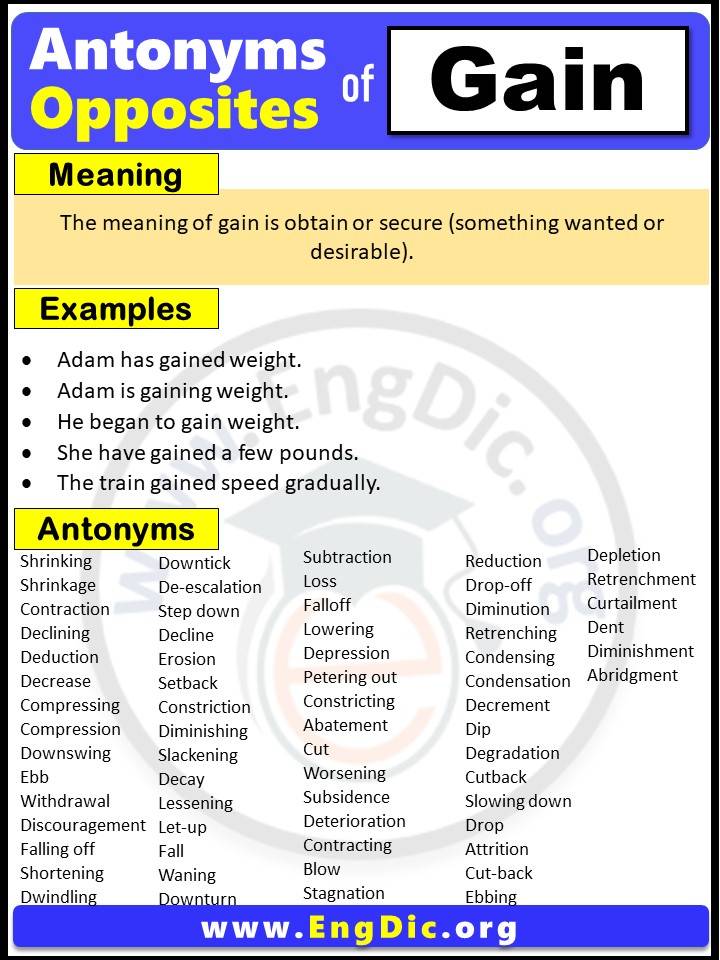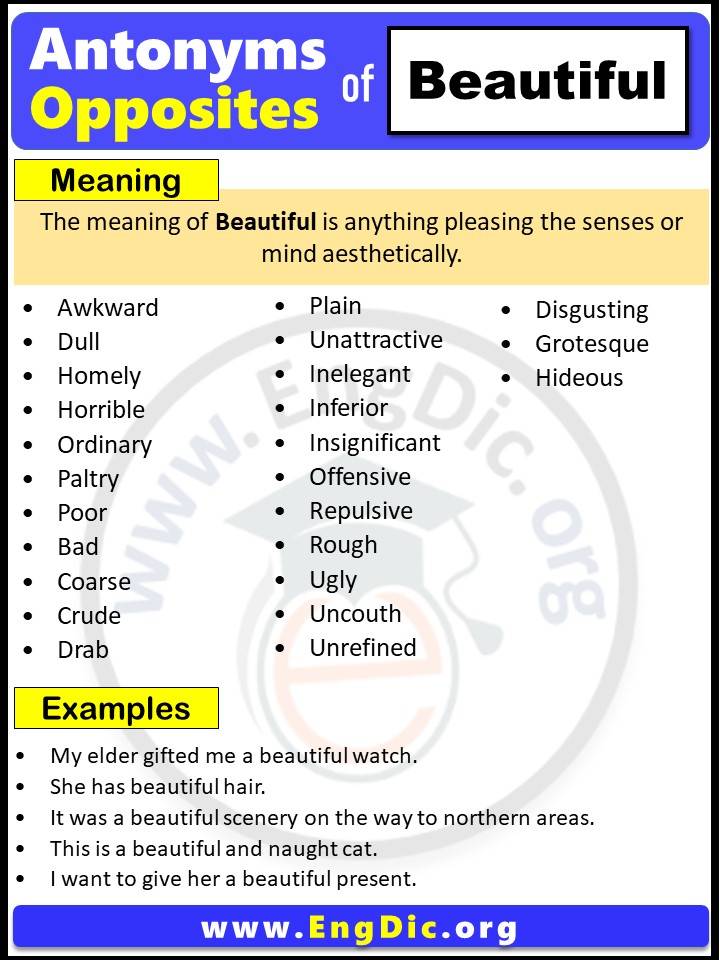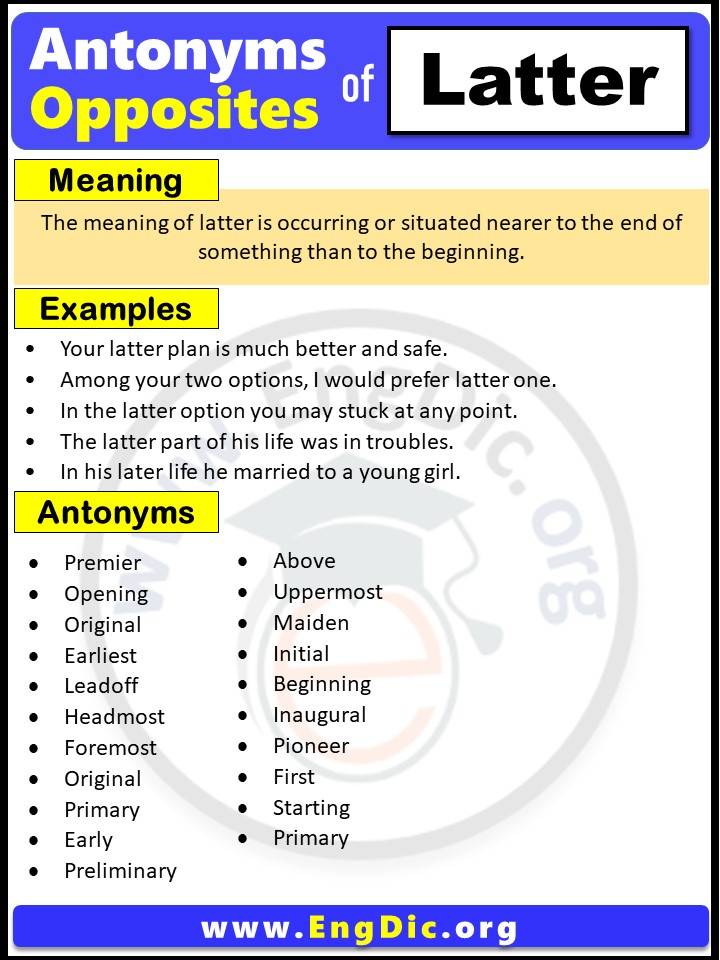Type: Adjective
Meaning/Definition of strange: Adjective describing something unfamiliar, unusual, or peculiar.
What is the Opposite of strange?
The Opposite of strange is familiar.
Other Opposites of strange:
Here is the list of all opposites or antonyms of strange:
- Accepted
- Accustomed
- Average
- Balanced
- Banal
- Basic
- Bland
- Bog-standard
- Boring
- Classic
- Common
- Commonplace
- Conventional
- Customary
- Daily
- Dull
- Earthly
- Established
- Everyday
- Expected
- Familiar
- Frequent
- Garden
- General
- Generic
- Habitual
- Hackneyed
- Household
- Humdrum
- Indifferent
- Mainstream
- Mediocre
- Modest
- Mundane
- Natural
- No-frills
- Nondescript
- Nonexotic
- Nonglamorous
- Normal
- Old
- Ordinary
- Orthodox
- Pedestrian
- Plain
- Plain old
- Plain-jane
- Predictable
- Prosaic
- Prototypical
- Quotidian
- Reasonable
- Regular
- Representative
- Routine
- Sane
- Sensible
- Settled
- Simple
- Sound
- Stale
- Standard
- Standardised
- Standardized
- Stereotyped
- Stereotypical
- Stock
- Time-honored
- Tired
- Traditional
- Typical
- Undistinguished
- Unexceptional
- Unexotic
- Unextraordinary
- Unglamorous
- Uninteresting
- Unmemorable
- Unnoteworthy
- Unoriginal
- Unremarkable
- Unromantic
- Unsurprising
- Usual
- Vanilla
- Warmed-over
- Well-known
- Wonted
- Workaday
Example Sentences Using Opposites of “strange”:
- The place felt oddly familiar despite never visiting before.
- The situation was common and had been encountered before.
- Everything seemed normal and followed the expected pattern.
- It was an ordinary day with nothing out of the ordinary happening.
- The event unfolded in the usual manner without any surprises.
- The outcome was regular and aligned with previous experiences.
- The behavior exhibited was typical and expected in that context.
- The process followed the standard procedure without any deviations.
- The decision made was conventional and aligned with common practices.
- The details provided were known and not unfamiliar.
Explore More Opposite Words:


